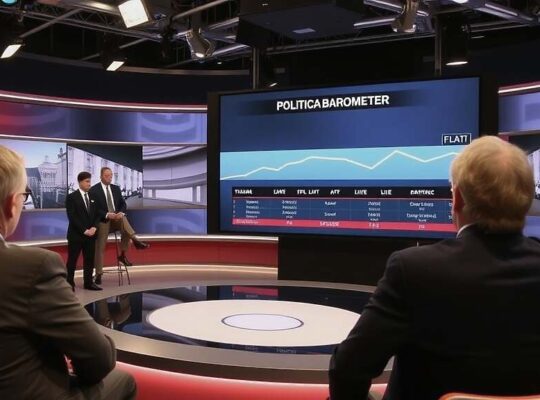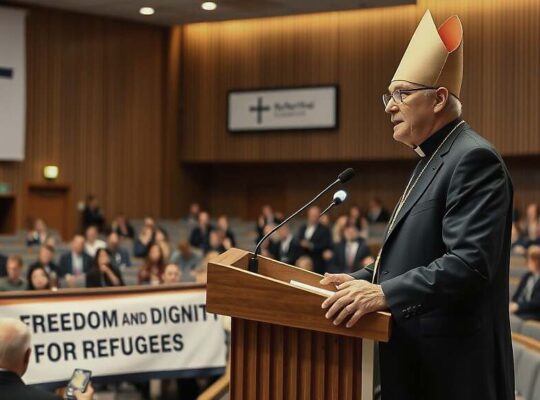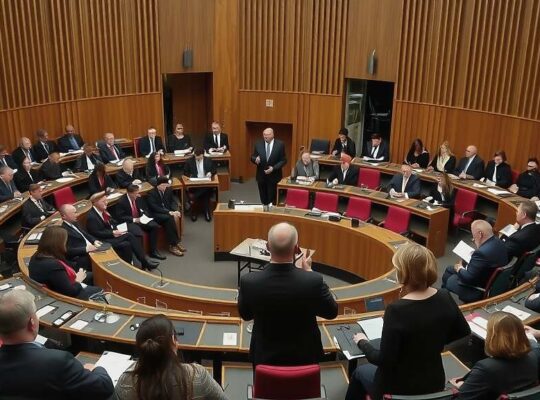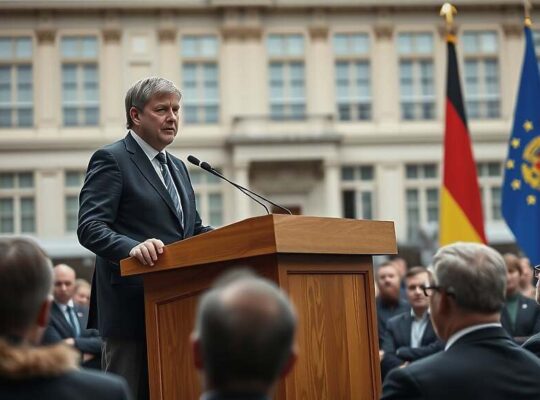The leadership of the German Green Party is signaling a cautious approach to calls for a more left-leaning political direction emanating from its youth wing, sparking an internal debate about the party’s electoral strategy and potential for broader appeal. Green Party leader Felix Banaszak, in comments to “Welt”, acknowledged the substantive merit of the youth wing’s demands for a shift in policy, while simultaneously issuing a clear warning against a purely symbolic or performative embrace of progressive ideals focused solely on urban, traditionally left-leaning districts like Berlin-Kreuzberg.
Banaszak emphasized a need for the party to engage directly with anxieties prevalent in industrial regions and actively work to connect with voters disaffected by the conservative stances of figures like Friedrich Merz and Jens Spahn. He stressed the importance of expanding the Green Party’s base beyond its existing support network, warning against a descent into arbitrary or excessively radical positions that could alienate potential voters.
The remarks highlight a potential fissure within the party, highlighting the tension between core ecological principles and the pragmatic considerations of coalition building and electoral success. While acknowledging the validity of calls for increased progressivism, Banaszak insisted it must be tempered with a strategic focus on connecting with a wider electorate, a perspective seemingly aimed at preventing a fragmentation of voter support.
Analysts suggest this internal discussion is occurring at a crucial juncture, as the Green Party navigates a complex political landscape, balancing environmental commitments with the need to address socio-economic concerns and compete for influence within a government increasingly grappling with economic headwinds and geopolitical instability. The success of this balancing act will likely determine not only the party’s immediate political future, but also its long-term ability to effectively shape policy direction in Germany.












